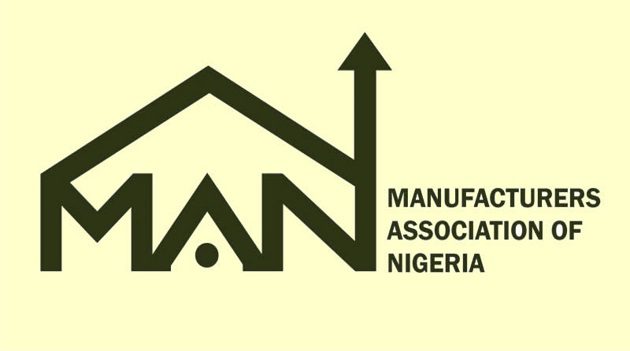
MAN calls for urgent tax reforms as Nigerian manufacturers face surging costs
By Esther Agbo
Amid mounting financial pressure, the Manufacturers Association of Nigeria (MAN) has called for swift government action to alleviate the tax burden on manufacturers.
The association, representing key players in the sector, urged the government to further simplify the country’s tax system to bolster their chances of survival in a challenging economic climate.
The Director General of MAN, Segun Ajayi-Kadir, expressed these concerns highlighting the staggering number of taxes currently levied on manufacturers across the nation.
“Currently, manufacturers pay anywhere between 60 and 120 different taxes from the three tiers of government. If that is reduced to below 10, it will be a huge relief for us,” Ajayi-Kadir stated.
This plea for reform comes on the heels of worrying industry data, which revealed that unsold finished goods among Nigerian manufacturers surged by 42.93 percent in the first half of 2024.
The value of this unsold inventory rose from N869.37 billion in 2023 to N1.24 trillion.
Despite these challenges, there is cautious optimism within the sector, largely due to the recently introduced withholding tax reforms.
Ajayi-Kadir praised this development as a critical step in supporting the survival of businesses, especially small and medium-sized enterprises (SMEs).
The new tax structure exempts companies with an annual turnover of less than N50 million from withholding tax, a move he described as beneficial for both manufacturers and the broader Nigerian economy.
“If we are going to have businesses which operate at less than N50 million turnover freed from the burden of tax, it will be good not only for manufacturers but for Nigerians as well,” Ajayi-Kadir remarked.
He further emphasised that such fiscal policies are vital to restoring confidence in Nigeria’s manufacturing sector, which has been grappling with weakened consumer demand and escalating production costs.
Ajayi-Kadir, who is also a member of the Presidential Committee on Fiscal Policy and Tax Reform, credited the reforms to President Bola Tinubu’s administration, noting that the new measures align with the committee’s recommendations.




